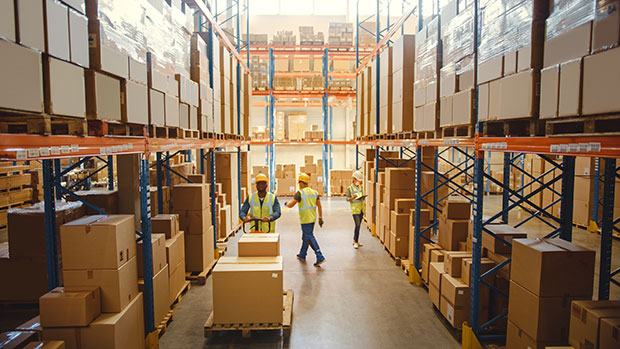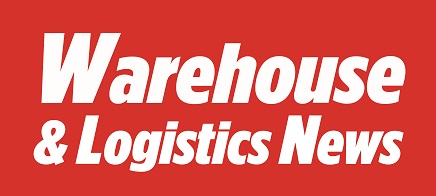It likely comes as no surprise that the increasing cost of living is having a profound impact on both retail and manufacturing and across a huge number of supply chains. Indeed, with rising production and raw material costs and unprecedented fuel price gouges, inflation is continuing to leave consumers financially squeezed and in need of cost-cutting measures to make their paydays go further.
 According to a report by Logistics UK, 71% of UK logistics companies reported an increase in the cost of transporting goods over Q1 2022 compared to the same period a year earlier, reflecting the mounting expense for businesses. Of those asked, 40% cited an increase of over 25% or more.
According to a report by Logistics UK, 71% of UK logistics companies reported an increase in the cost of transporting goods over Q1 2022 compared to the same period a year earlier, reflecting the mounting expense for businesses. Of those asked, 40% cited an increase of over 25% or more.
With 35% of respondents reporting a marked decrease in demand – of which 12% noted a 50% dropoff in orders – many industry leaders fear a continuation of this trend could result in job losses and wholesale collapse of major manufacturers across the UK.
How warehouses spaces are being affected
Despite the financial pressures of inflation taking hold, recent research shows demand for warehouse space has soared in the last 12 months.
Retail experts Colliers reports take-up for large units (those over 100,000 sq ft) swelled to 11.3m sq ft in the first quarter of 2022, representing an 11% increase on the five-year average for the period – and a 1.9% monthly rise.
Brought about in large part by the growth of e-commerce businesses in recent years, the demand has resulted in a 22.4% year-on-year drop in unit availability, as demand outstrips supply, leading to surging site fees and production costs.
Reports from April 2022 indicated rates of inflation across numerous sectors were at a 30-year high – and logistics firms and distribution centres are slated to bear a marked increase in business rates upon revaluation next year.
The impact on packaging
Escalating energy costs across Europe have created huge disturbances for packaging suppliers and manufacturers across the continent, with drastic changes in petroleum availability and costs as a result of trade embargoes on oil from Russia.
While the UK has a relatively low reliance on Russia’s natural resource wealth, several European regions are heavily reliant on Russian natural gas, and ongoing sanctions placed on the Russian Federation by Europe have sent production costs across the paper and plastic industries soaring.
To compound matters, both Russia and Ukraine are key suppliers of timber, with exports valued in excess of €12 billion, reducing Europe’s access to materials and creating shortfalls for suppliers.
Further, a number of essential packaging materials are experiencing rapid price hikes as a product of the ongoing conflict, as cornstarch – which is key in paper production across many regions – has seen a 100% price increase in just two years.
A report by Dutch multinational banking group Rabobank predicts that corrugated prices may experience double-digit growth in 2022.
The report also outlined unmatched price increases in plastic packaging-related costs over a two-year period, citing infrastructure collapses, labour issues and the COVID-19 pandemic as major factors.
In the US, the price of key packaging resins such as PET were up by 48.6% in 2021, with increases set for all resin supply chains in the region.
Ideas for offsetting ongoing costs
With warehouse rates continuing to rise, storing your packaging materials onsite can create organisational stresses, reduce storage capacities for other products and lead to avoidable costs in the long term. To offset this issue, consider setting up a stockholding agreement, whereby a supplier will store your packaging and provide delivery on a just-in-time basis, accounting for increases over seasonal periods.
Look for opportunities to boost operational efficiency by assessing your existing packing processes and the steps required to prepare goods for delivery. By switching from conventional systems to process-efficient, sustainable alternatives, Plastic Packaging Tax bills can be cut and your business can be shielded from ongoing price increases for plastic in the immediate term.
In a climate of ever-increasing costs and growing concerns over packaging sustainability, seeking out efficient, tax-compliant solutions can be an essential way of safeguarding your business. Call us on 01543 396700 to speak to one of Allpack’s packaging experts today and discuss the range of options available.




Comments are closed.